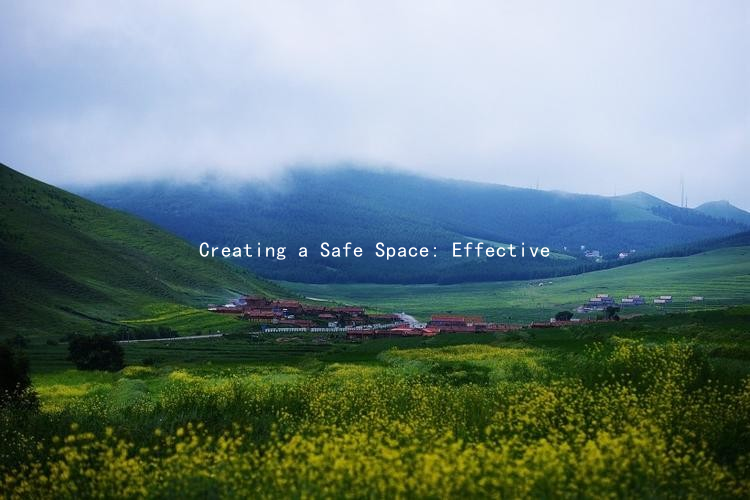Sexual Culture and Its Impact on Relationship Dynamics
Sexual Culture and Its Impact on Relationship Dynamics
In the modern world, the dynamics of romantic relationships are heavily influenced by prevailing sexual culture. Sexual culture encompasses the beliefs, practices, and norms regarding sex and intimacy within a particular society. Understanding how sexual culture impacts relationships can shed light on communication styles, expectations, and the overall health of partnerships.
One of the most significant ways sexual culture shapes relationships is through the establishment of societal norms around sexuality. In more progressive societies, discussions surrounding sex and intimacy have become more open, encouraging individuals to express their desires and preferences without fear of judgment. This openness can lead to healthier communication within relationships, allowing partners to feel more comfortable discussing issues related to sexual compatibility, consent, and boundaries. In contrast, in cultures where sex remains a taboo topic, partners may struggle to communicate openly about their needs, leading to misunderstandings and dissatisfaction.
Furthermore, the proliferation of social media and dating apps has transformed the way individuals approach and initiate relationships. The ease of online communication allows for a broader exploration of sexual identities and preferences. However, this new realm can create its own set of challenges. The expectation for immediate gratification and the abundance of choices can lead to a phenomenon known as paradox of choice, where individuals feel overwhelmed and unsatisfied despite having numerous options. This can influence commitment levels, with many choosing to engage in casual hookups rather than pursuing deeper relationships.
Cultural narratives surrounding masculinity and femininity also play a crucial role in shaping relationship dynamics. In many cultures, traditional gender roles resonate, where men are often expected to take the lead in sexual pursuits while women are conditioned to be more passive or demure. These expectations can create power imbalances within relationships, leading to potential issues of consent and emotional safety. Conversely, more egalitarian perspectives advocate for mutual desire and shared responsibility in intimacy, fostering healthier partnerships based on respect and communication.

Moreover, sexual culture is often intertwined with issues of consent and sexual health. In societies where conversations about consent are prevalent, individuals tend to have a clearer understanding of their rights and responsibilities within intimate encounters. This awareness can enhance mutual respect in relationships and reduce instances of coercion or misunderstandings. Conversely, in cultures where consent is not clearly defined or respected, individuals may find themselves in relationships marked by manipulation and emotional distress.
The intertwining of sexual culture and relationship dynamics also extends to the concept of sexual orientation and identity. Inclusive and affirmative sexual cultures facilitate open discussions around diverse identities, which can enrich relationships by promoting acceptance and understanding. Conversely, stigmatization of non-traditional sexual orientations can lead to isolation and anxiety for individuals, impacting their ability to engage in healthy relationships.
Additionally, the rise of sex positivity—a movement encouraging open and healthy conversations about sex—serves as a counterbalance against the often negative connotations associated with sexuality. In sex-positive cultures, partners are encouraged to explore their sexual identities together, creating spaces for experimentation, playfulness, and mutual growth. This environment can contribute to stronger emotional bonds and increased satisfaction within relationships.
As we navigate our own relationships, understanding the influence of sexual culture can guide us toward healthier dynamics. By fostering open communication, mutual respect, and a shared understanding of each partners needs and desires, individuals can create fulfilling relationships that thrive in the context of contemporary societal norms. Ultimately, recognizing the impact of sexual culture allows couples to navigate their intimacy with greater awareness and intention, leading to more profound and lasting connections.





